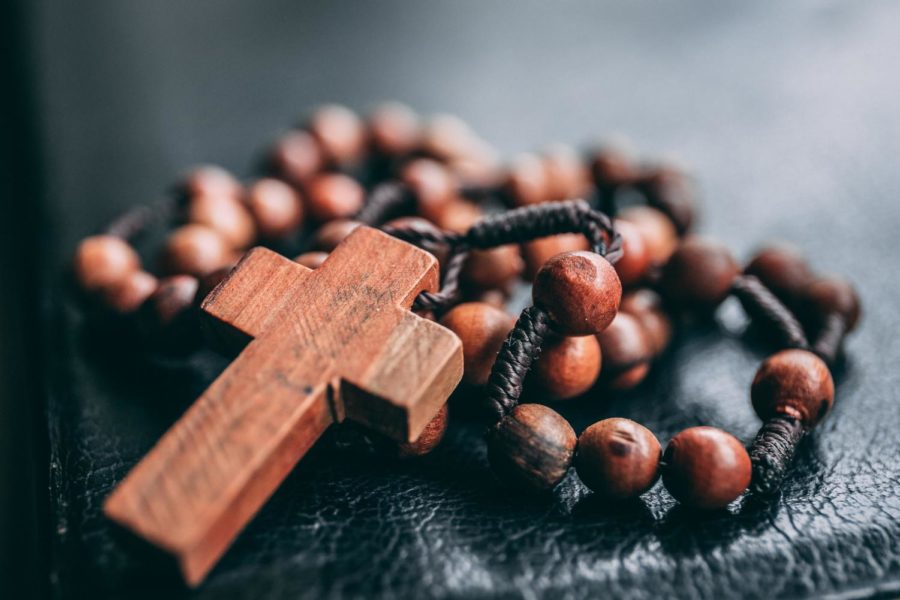Editorial: Gatekeeping in religion
The ISD Editorial Board explains how religious gatekeeping is harmful and why the Iowa State community should be tolerant and accepting of all religions.
February 18, 2021
Religion: it is the great connector. A connector of people, of groups, of nations. But even though it has helped so many people in their times of need, some people still try and “gatekeep” their religion from others.
With some 85 percent of the world’s population embracing some sort of religious belief, and with thousands of religions existing in the world, it would seem religion is a key part of human society and of our relationship with/understanding the greater world.
Psychologists say finding a religion you identify with may fill the human need for finding meaning, sparing people from existential angst while also supporting the base human social need by allowing people to live in large, cooperative societies.
This means we as humans strive to find and connect with something bigger than ourselves — to find a meaning to our lives, to the struggles we go through, and if that comes in the form of a religion and the community surrounding it, then good.
People, no matter what their background, deserve to find that something, to find purpose, to find meaning, so we, as the ISD Editorial Board, find it wrong people would try and gatekeep others from enjoying the things they themselves enjoy.
For those who don’t know, “gatekeeping” is “the activity of controlling, and usually limiting, general access to something.”
So what we are saying is we find it incredibly wrong and distasteful when one group of people prevents another group from finding the same comfort and the same sense of spiritual security that comes from participating in their religion. Everyone deserves to find a meaning for their life, and it is a disgusting display of gatekeeping when they are denied access to a place where they may find that meaning.
One large example of this comes with Christianity and the LGBTQIA+ community.
Religion has been a source of both solace and suffering for many lesbian, gay, bisexual, transgender, queer, intersex and asexual people. While most LGBTQIA+ people, Americans specifically, have been raised in an organized religion, too many have been forced to leave those communities behind because of condemnation of LGBTQIA+ people.
A recent Stonewall report showed one in 10 LGBTQIA+ Christians experienced faith-based discrimination from within the queer community. This can be anything from creating an atmosphere in which it is shameful to admit that you are a person of faith to outright aggression and insistent questioning about what you do or do not believe.
“I get it — a lot of LGBT+ people have reason to dislike Christians,” said Lucy Knight, a newspaper journalism student at City University, in a column. “But we have to stop shutting people out because they don’t fit into a designated box. Queerness, for me, is a complete rejection of restrictions. We try to understand difference and yet stand together in solidarity.”
Just like what Knight said, we need to stop shutting people out because they don’t fit into a designated box. Everyone, and we mean everyone, who reads a religious text will interpret different sections differently, but never should someone use what they find in a religious text to hate or discriminate against another person.
Here in the United States, we have freedom of religion, meaning anyone can practice whatever religion they like, whether it is Islam, Hinduism, Christianity, Judaism or one of the other thousands of religions. Here in the United States, we value diversity and acceptance, but we need to put those values into practice when it comes to religion.
In Matthew 22:36, it is stated that “thou shalt love thy neighbor as thyself.” Everyone, even non-Christians, should live by that statement and allow others to participate in their religion.







